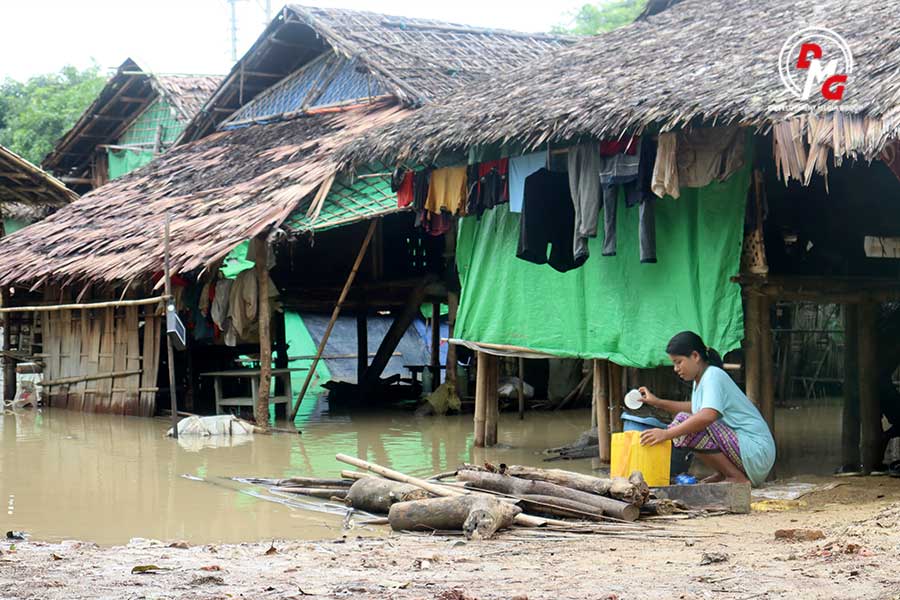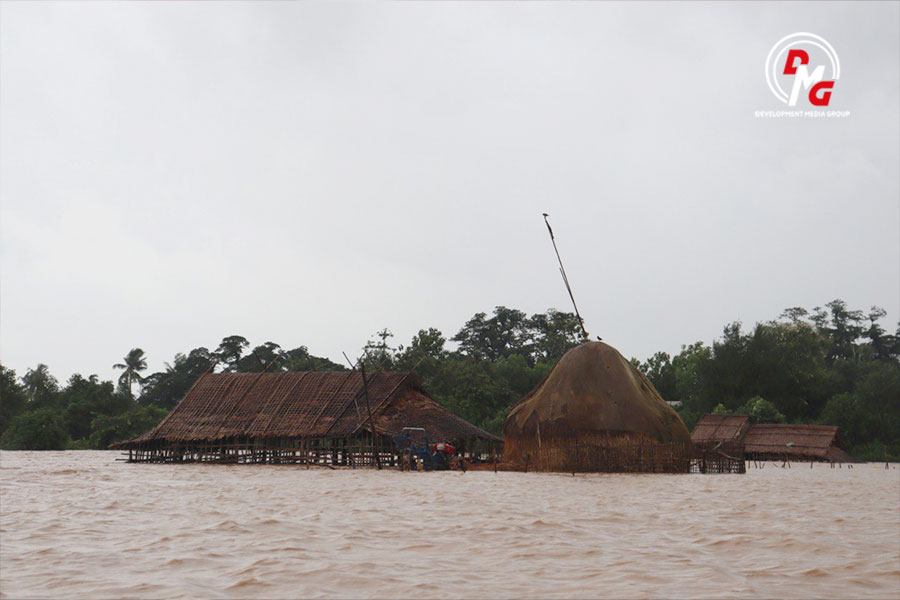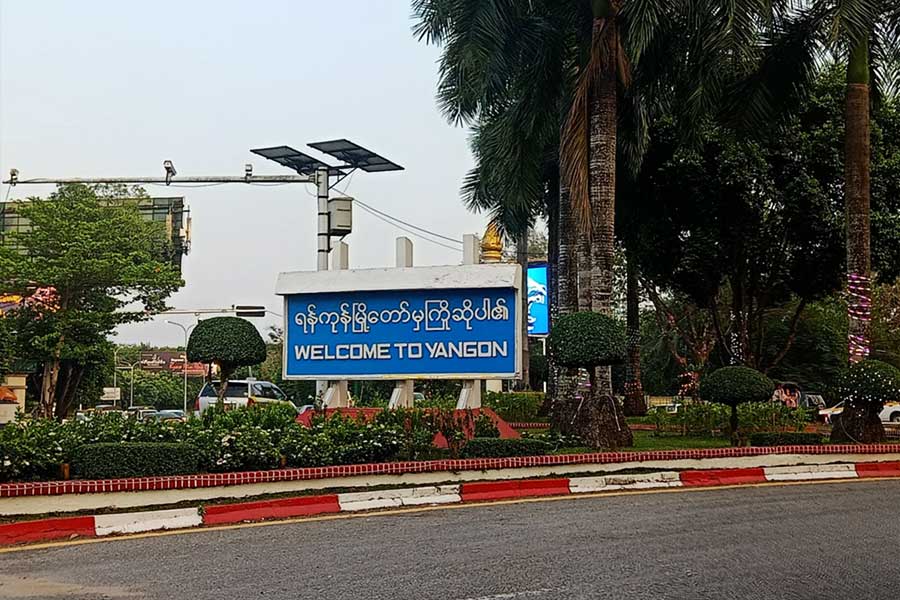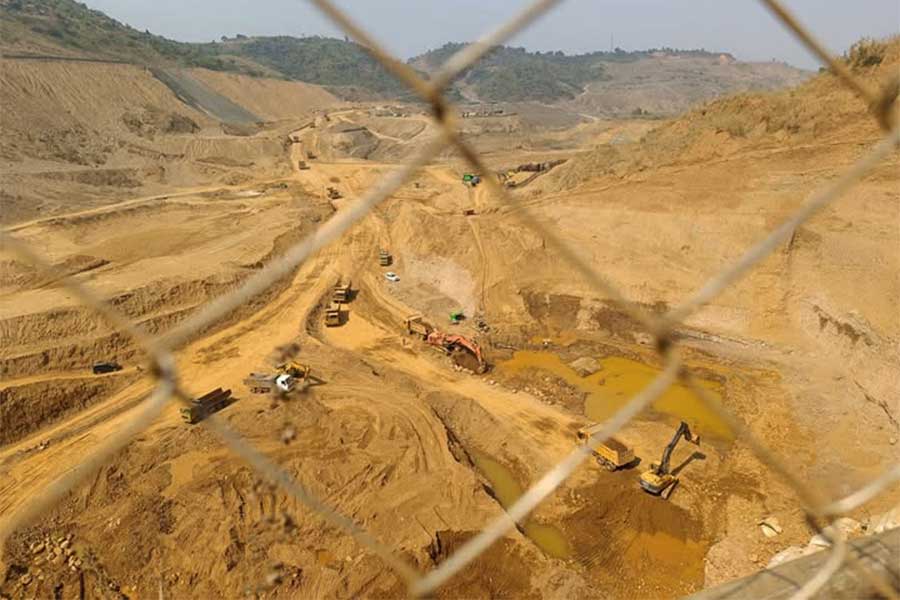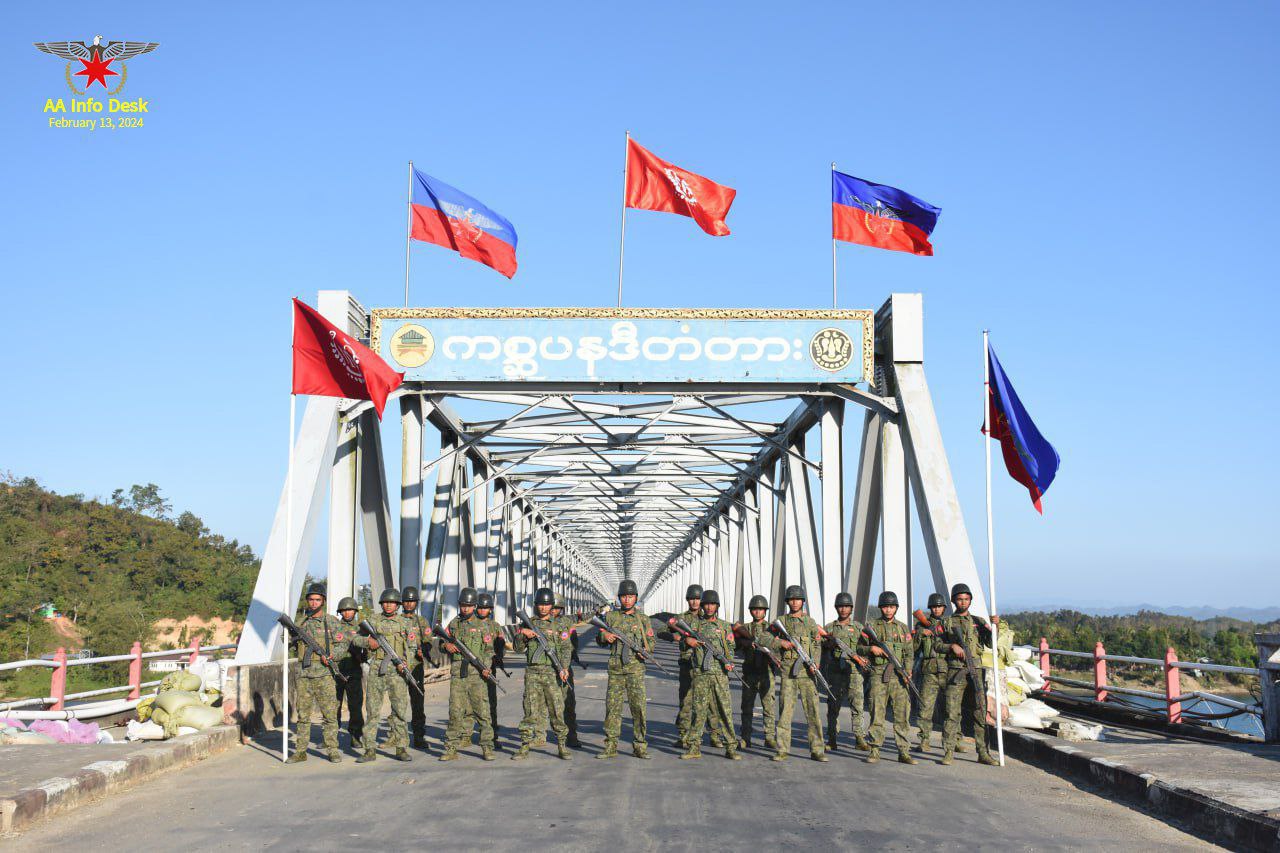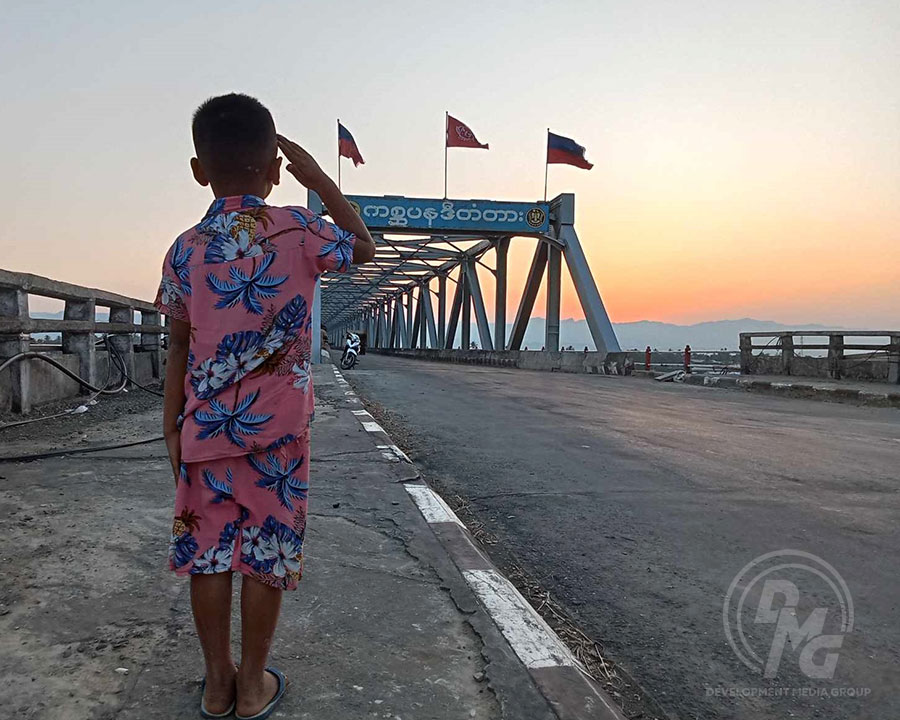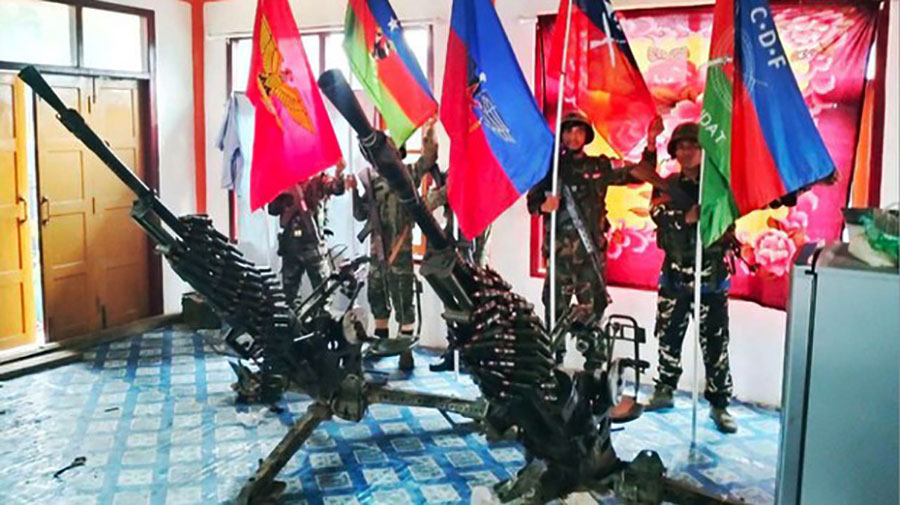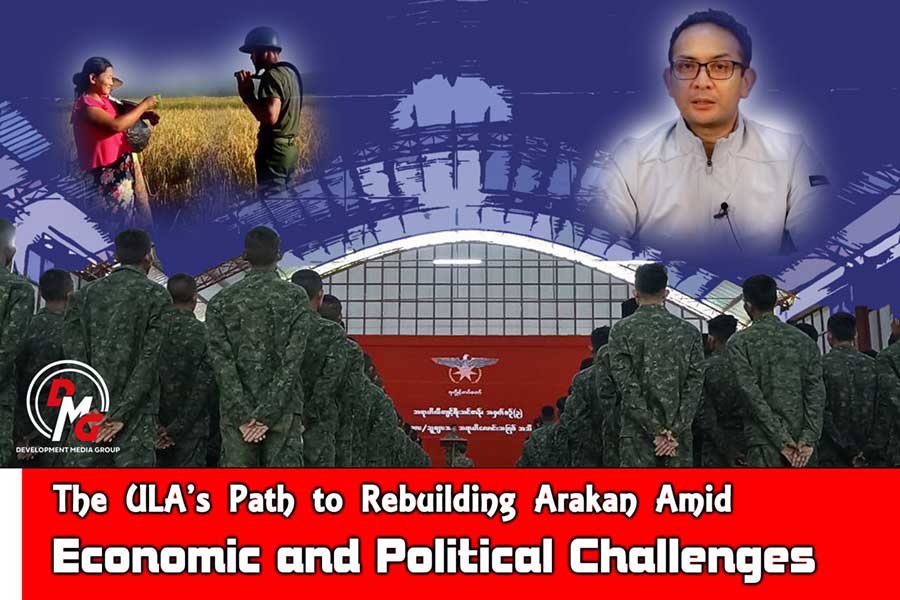Proportional representation training begins for Arakan State election staff
Myanmar’s military regime, which plans to hold a general election next year, is conducting training on proportional representation (PR) electoral systems for members of the election subcommissions in Arakan State, according to U Thurein Htut, secretary of the Arakan State election subcommission.
05 Jul 2022
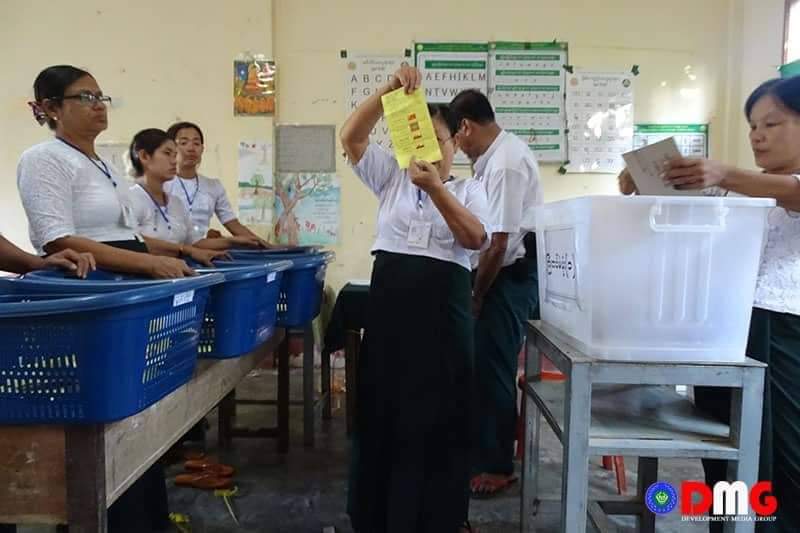
DMG Newsroom
5 July 2022, Sittwe
Myanmar’s military regime, which plans to hold a general election next year, is conducting training on proportional representation (PR) electoral systems for members of the election subcommissions in Arakan State, according to U Thurein Htut, secretary of the Arakan State election subcommission.
The training, which began last week Friday, is intended to expand election commission staff’s knowledge of PR, he said.
“A Union Election Commission member who is responsible for Arakan State has started to conduct training on PR for commission staff in the state,” U Thurein Htut told DMG.
He declined to provide details about the substance of the training.
U Thein Soe, the junta-appointed Union Election Commission (UEC) chairman, visited Arakan State on June 21, when he reportedly discussed PR with the head of Arakan State’s military government and election commission staff, as well as talking about voter registration and voter list preparation.
A former Myanmar military major-general, U Thein Soe also oversaw Myanmar’s 2010 general election, which was widely believed to have been rigged in favour of the military-backed Union Solidarity and Development Party (USDP).
Military chief Min Aung Hlaing seized power from the democratically elected National League for Democracy (NLD) government in a coup on February 1, 2021, citing electoral fraud in the 2020 general election. The regime has since annulled the results of the 2020 voting and announced a new election for August of next year.
The military government has been working to replace the current first-past-the-post electoral system with PR, which would likely be to the benefit of its USDP proxy. The NLD boycotted the general election in 2010, but won landslides in both 2015 and 2020 under the first-past-the-post system.
Arakan National Party chairman U Tha Tun Hla said a general election was not feasible under the present, chaotic political conditions that have characterised the post-coup period.
“If an election is to be held, it is important that people can vote freely and safely. The current political landscape in Myanmar does not allow that,” he said.
The ANP leader suggested building political consensus through dialogue as a precondition for implementing Myanmar’s peace process and any future election.
The chairman of the Arakan Front Party, Dr. Aye Maung, said the anticipated election was the solution to ending Myanmar’s political crisis.
“The State Administration Council [the regime’s governing body] will turn two years old on January 31, next year. If something bad happens and the election can’t be held as planned, we don’t know how long the state of emergency will be extended,” he said.
Under Myanmar’s military-drafted 2008 Constitution, the state of emergency can be renewed twice, for six months each time. Min Aung Hlaing has said he will hold a general election in 2023 after “accomplishing the provisions of the state of emergency.”
Meanwhile, clashes are a near-daily occurrence in many parts of the country between junta forces and resistance groups. Some ethnic armed organisations are also engaged in active hostilities with the regime.




